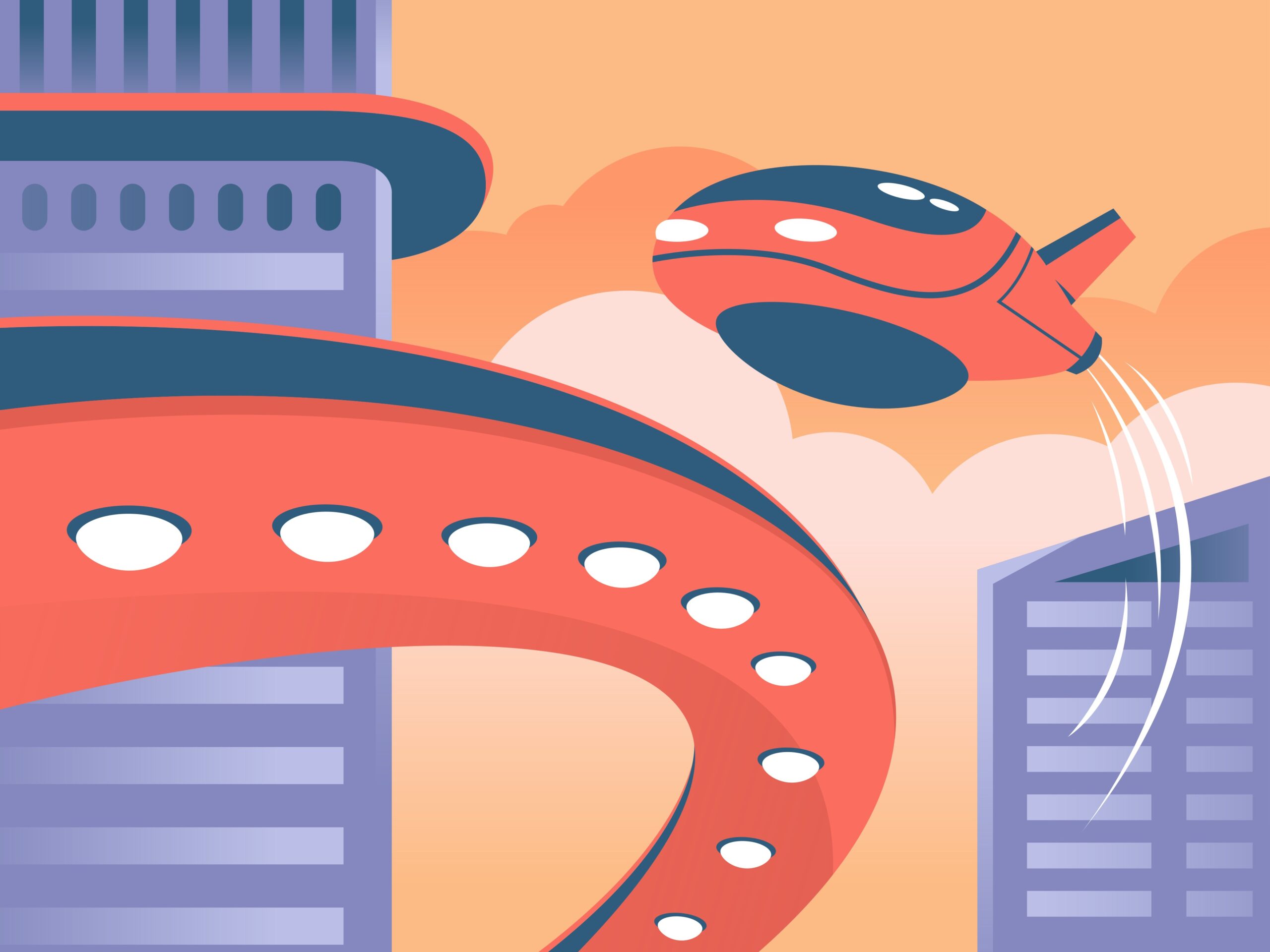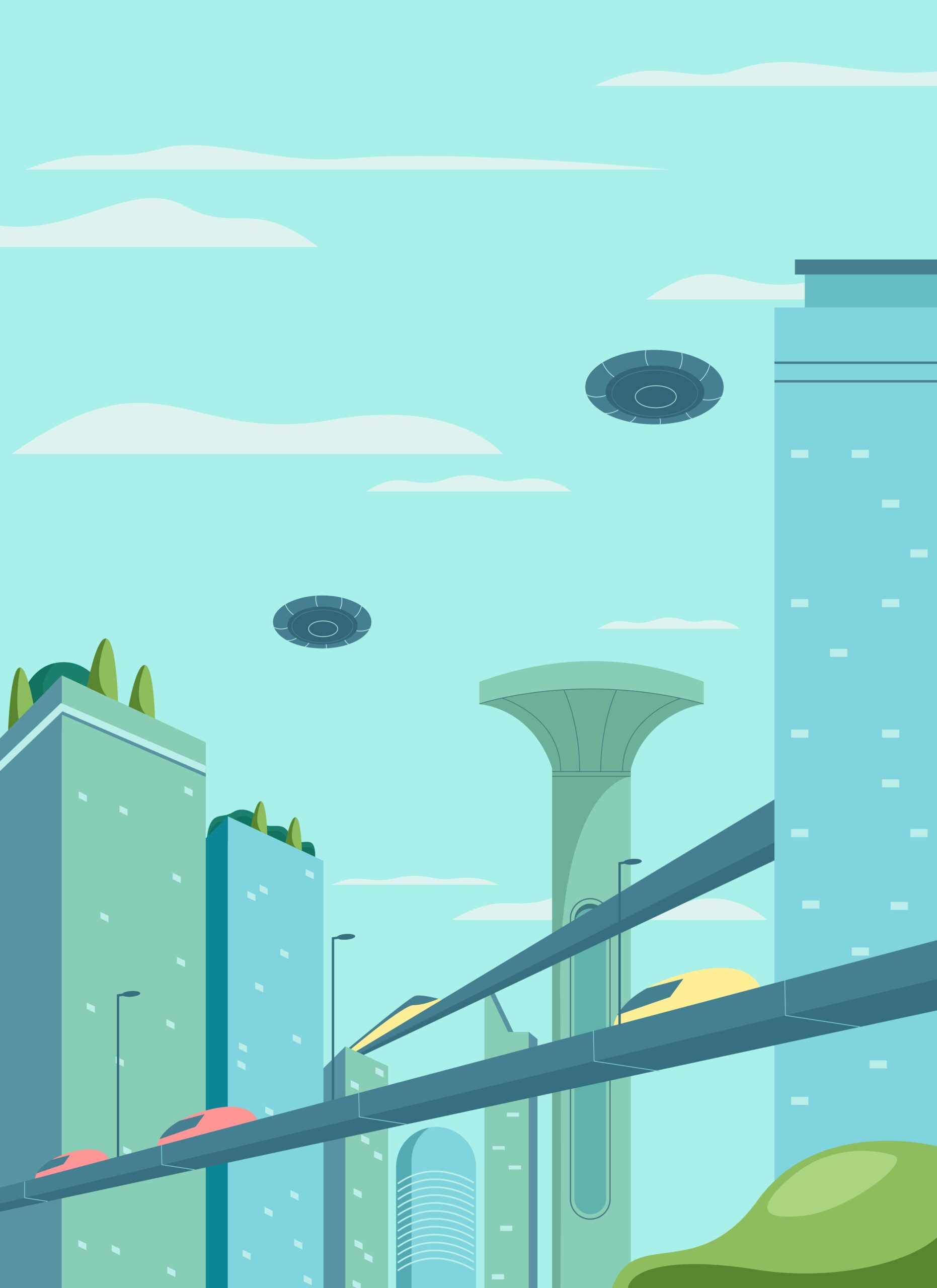 Suno
Suno Suno WAV File Download Timeout Error Comes Out
WAV file download timed outPlease try again.Suno WAV file downloads are currently timing out for me for some songs. This...
 Suno
Suno  Beatmaking with AI
Beatmaking with AI  Beatmaking with AI
Beatmaking with AI  Beatmaking with AI
Beatmaking with AI  Beatmaking with AI
Beatmaking with AI  Beatmaking with AI
Beatmaking with AI  Beatmaking with AI
Beatmaking with AI  Beatmaking with AI
Beatmaking with AI  Beatmaking with AI
Beatmaking with AI  Beatmaking with AI
Beatmaking with AI